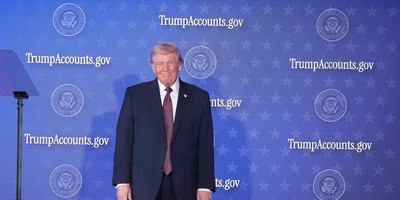The Dodd-Frank Wall Street Reform and Consumer Protection Act of 2010 was intended to "promote the financial stability of the United States by improving accountability and transparency in the financial system, to end 'too big to fail,' to protect the American taxpayer by ending bailouts, to protect consumers from abusive financial services practices, and for other purposes." The law is extraordinarily complex, requiring almost a dozen federal agencies to complete anywhere between 240 to 540 new sets of rules, plus about 145 studies that will affect rulemaking.
There has been much debate over whether the law will accomplish its stated intent, but there are also growing concerns about its constitutionality, primarily due to separation of powers, vagueness, and due process issues. Central to that discussion is the fact that Dodd-Frank grants administrative agencies — including the newly created Financial Stability Oversight Council and Bureau of Consumer Financial Protection — broad and unchallengeable discretionary authority. Does Dodd-Frank provide effective oversight by any branch of government — Congress, the president, or the judiciary? How can constitutional concerns about the law's grants of regulatory power be resolved? Please join us for a discussion of these important issues.
Featuring Mark Calabria, Director of Financial Regulatory Studies, Cato Institute; Hon. C. Boyden Gray, Former White House Counsel; Timothy R. McTaggart, Partner, Pepper Hamilton LLP, and former Delaware State Bank Commissioner; moderated by Ilya Shapiro, Senior Fellow in Constitutional Studies, Cato Institute.

























Join the conversation as a VIP Member